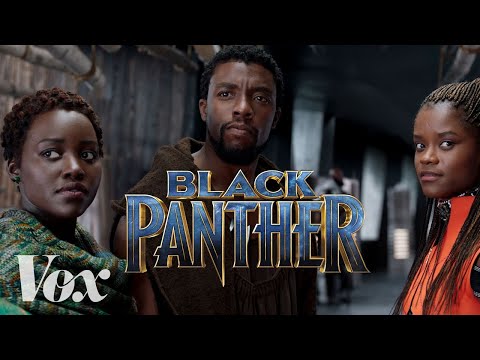Introduction
The advent of the digital age has drastically reshaped the way we consume and react to news. One particularly intriguing phenomenon that emerged from this new landscape is experiencing live reactions to celebrity deaths. Whether it’s an outpouring of tributes, online memorials, or emotional expressions on social media platforms, these instantaneous responses have become a norm when a beloved celebrity passes away.
The Power of Social Media
Social media platforms have become virtual communities where individuals share significant events in their lives, including moments of collective grief. The passing of a well-known figure often triggers an influx of heartfelt messages and live reactions from millions around the world who feel connected through their admiration for the celebrity.
Platforms like Twitter, Instagram, and Facebook allow users to express themselves freely and openly mourn their favorite stars. Online memorials filled with personal stories, shared memories, and moments cherished by fans allow for a collective grieving process that transcends physical boundaries. This global outpouring can provide solace for those who feel deeply impacted by the loss.
Influence on Mental Health
Live reactions to celebrity deaths also offer insights into how these events affect our mental health. The quick response witnessed online reflects our collective emotional attachment to celebrities—individuals we may have never met personally but whose impact on our lives feels deep-rooted. The shared grief often brings people together in support, emphasizing the importance of community and empathy during such times.
However, it is crucial to recognize that while some individuals find comfort in sharing their emotions online, others may struggle with coping mechanisms when dealing with profound grief. Public figures passing away can remind people of their own mortality or rekindle unresolved emotions from previous loss experiences, potentially impacting mental health negatively.
A New Way to Commemorate Legacies
Social media enables fans to build digital shrines as tribute pages or hashtags dedicated to remembering the lives and legacies of departed celebrities. These commemorative platforms allow individuals to keep alive the memories of their beloved stars long after they are gone.
Online tributes act as a source of comfort and healing, uniting fans who may have never met in person but share similar sentiments. By transforming collective sorrow into positive remembrance, these virtual spaces contribute to the preservation and celebration of a celebrity’s impact beyond their lifetime.
Criticism and Spectacle
While the digital world offers a sphere for shared grief, it also amplifies negative reactions that some may express upon hearing news of a celebrity’s death. Unfortunately, this phenomenon has given rise to insensitive comments and even trolling, potentially diminishing efforts to mourn the passing of an admired star respectfully.
It is crucial to strike a balance between expressing genuine emotions and acting with sensitivity towards others’ loss during times when live reactions dominate digital spaces.
Conclusion
The rise in live reactions to celebrity deaths showcases how modern society processes grief in an interconnected world. Social media provides a platform for instantaneous support and mourning but also poses challenges due to its ubiquity and potential for negativity. While these live reactions present opportunities for communal healing, it is essential always to approach them with empathy, understanding, and respect for everyone involved in these moments of collective grief.





